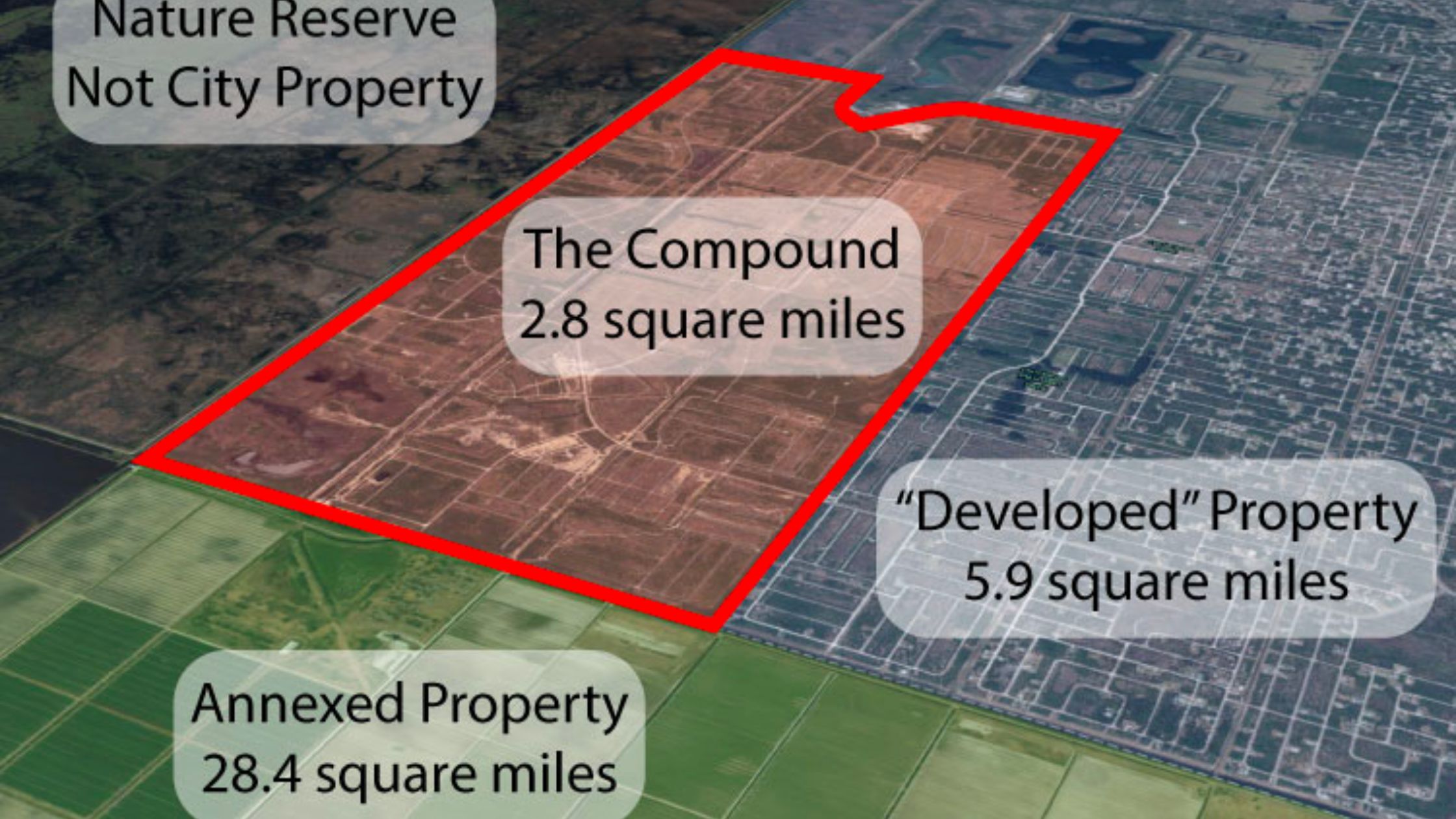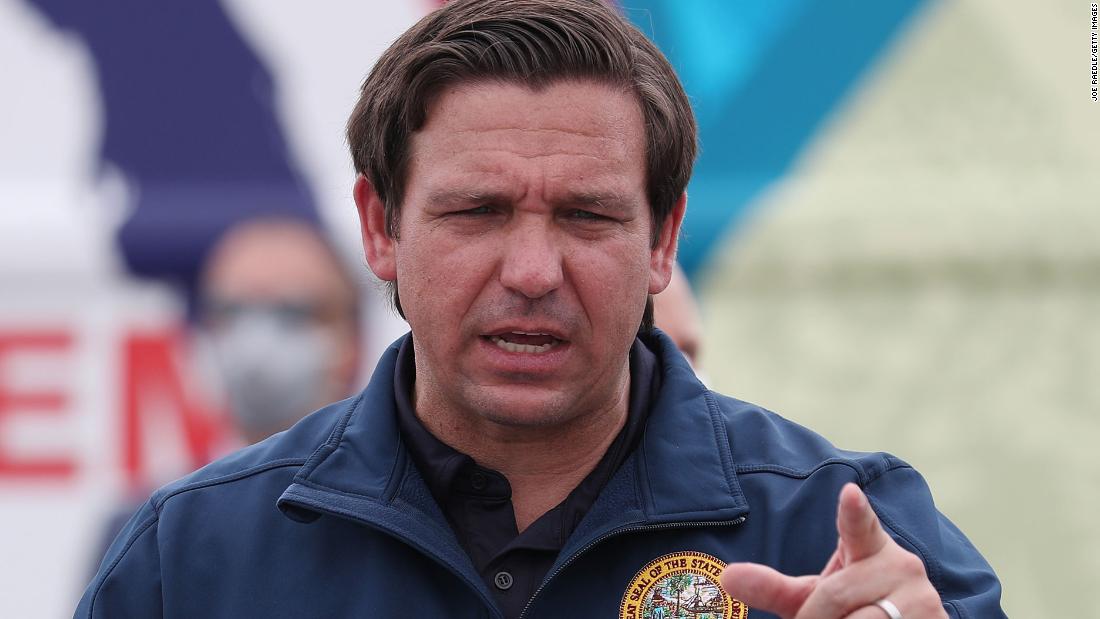Florida faces a significant challenge as it grapples with two interlinked crises: soaring home insurance premiums and skyrocketing rent prices. The burden of astronomical insurance rates is felt not only by homeowners but also by renters, contributing to an affordability crisis in the housing market. Meanwhile, the state’s leadership must address these pressing issues, yet their response remains under scrutiny.
For decades, Florida has been under Republican leadership in both the Governor’s office and the Legislature. Despite this extended period of governance, insurance premiums in the state have surged by a remarkable 206 percent since Governor Ron DeSantis took office in 2018, making Florida’s home insurance rates the highest in the nation. With homeowners now facing average yearly premiums exceeding $4,200—three times the national average—the financial strain on citizens is undeniable.
Speaker of the House Paul Renner (R-Palm Coast) acknowledged the magnitude of the insurance crisis when he stated, “Are we seeing price declines? No. Is it bad? Yes.” Despite passing reforms aimed at stabilizing the market, the reforms have yet to produce significant results, leaving homeowners and renters alike in a state of financial insecurity.
“I wish we would have acted sooner,” Renner told WFTV’s Nick Papantonis in an interview this week.
Renner pointed to positive developments, saying, “I think you could look at more aggressive steps to depopulate Citizens.” He cited Tailrow Insurance Company’s entry into the market as one of his “up arrows,” but also emphasized that progress may be gradual, stating, “Even the most aggressive reforms will take time.”
However, the impact of rising insurance rates extends beyond homeowners to renters as well. Monthly rents have risen by an average of 32 percent since 2018, as landlords pass on the burden of escalating insurance costs to tenants. Working-class families, as Renner noted, are disproportionately affected, struggling to cope with the mounting rent burden.
The financial implications of this dual crisis are staggering, amounting to billions of dollars. Florida’s renters have collectively shouldered over $1.5 billion in annual rent increases since 2018, while homeowners have spent an additional $2.3 billion on insurance premiums compared to five years ago, according to the Florida Policy Institute.
One bad storm will derail everything according to Renner. He expects to see prices continue to increase until the end of 2024 and then hold where they are, but not decrease, which isn’t exactly good news for Floridians in this “best case scenario.”
Adding to the challenge is the departure of insurers from the state. Companies like Farmers Insurance exiting Florida have left the insurance market increasingly fragile, with limited protection against the potential aftermath of a major hurricane. Renner acknowledged this reality, stating, “All bets are off if we have a horrible hurricane season. If we have a normal season, I think we’re going to continue to see positive developments.”
As Floridians brace for the looming threat of hurricane season, there is growing concern about the leadership’s ability to handle the potential devastation. With no contingency plans in place to safeguard citizens from the financial fallout, the state’s economic stability remains precarious.
When asked if there was anything left on the table as far as solutions from the already 2 special legislative sessions Florida called to address the crisis, Renner’s response was “I don’t think so.” In short, we have no further solutions.
As the dark clouds of uncertainty linger, both homeowners and renters are left to grapple with their leadership’s inaction. With Florida remaining under Republican leadership for decades, citizens question whether the state’s elected officials are prioritizing their welfare amid this critical moment.
The Governor and legislators are focused on culture wars targeting drag queens, Bud Light, “wokeness”, Disney, and book bans, spending millions in legal fees defending unconstitutional laws, while most Floridians feel issues that really matter to them, are being largely ignored.
The time for decisive action is now, and the state’s leadership must urgently address the insurance and housing crises that are affecting both homeowners and renters. The future of Florida’s economic stability and the well-being of its citizens depend on a resolute commitment to finding sustainable solutions and securing the state’s prosperity.
Hundreds of thousands of residents have already fled the state because they simply can’t afford to live here anymore. With prices expected to continue to rise into 2025, we can expect that number to increase exponentially. Voter registration numbers show this trend clearly. In 2020, Florida had a total of 14,565,738 registered voters. Now, despite the rhetoric that people are “flocking to Florida,” today’s total number of registered voters has dropped by nearly 400,000 people to 14,182,364. Republicans celebrate this data as a political win showing 5,263,269 registered Republicans over 4,721,471 Democrats. What they do not highlight is that their total number is relatively the same as it was in 2020, and has actually decreased by 50,000 registered Republicans from last year’s numbers.
So it’s not necessarily that Republicans are registering more voters all of a sudden, but hundreds of thousands of likely Democrats have fled the state to one where they can actually afford to live.





